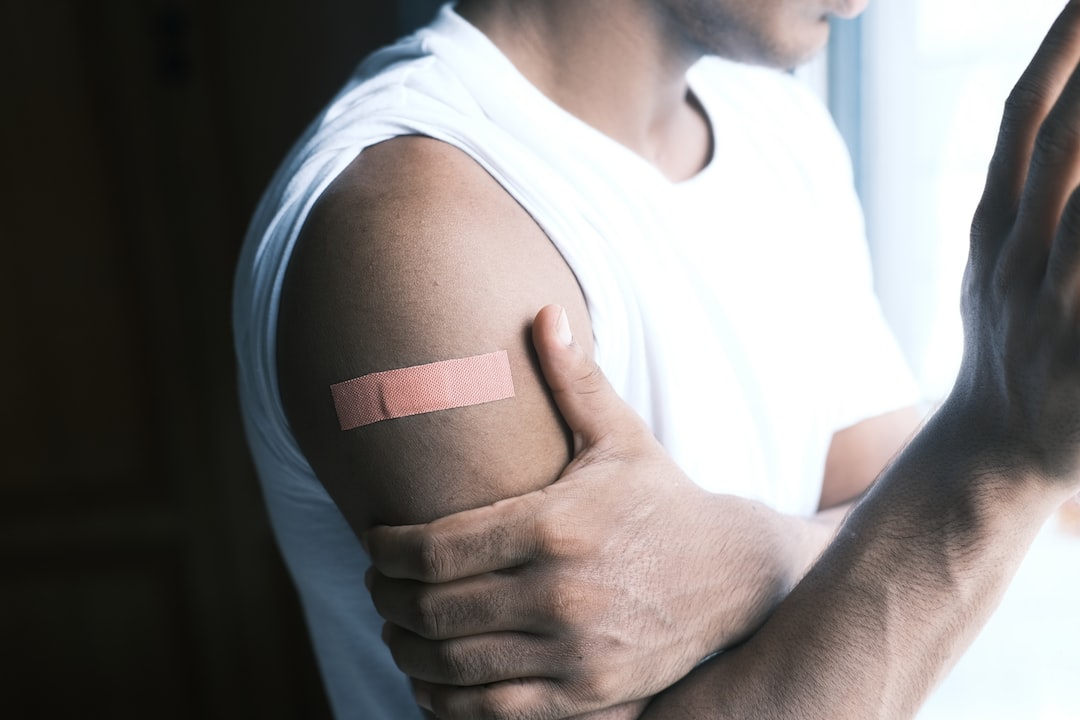A personal injury lawsuit can also arise from defective or unsafe products. South Carolina passed the Defective Product Act (“DPA”), S.C. Code 15-73-10 to -30, in 1974. The purpose of the DPA is to protect consumers from unreasonably dangerous defective products by eliminating the injured plaintiff’s need to prove negligence, making the standard of due care irrelevant, and making the defendant strictly liable for defective products which cause injuries.
Section 15-73-10 provides as follows:
(1) One who sells any product in a defective condition unreasonably dangerous to the user or consumer or to his property is subject to liability for physical harm caused to the ultimate user or consumer, or to his property, if
(a) The seller is engaged in the business of selling such a product, and
(b) It is expected to and does reach the user or consumer without substantial change in the condition in which it is sold.
(2) The rule stated in subsection (1) shall apply although
(a) The seller has exercised all possible care in the preparation and sale of his product, and
(b) The user or consumer has not bought the product from or entered into any contractual relation with the seller.
Section 15-73-20 provides as follows:
If the user or consumer discovers the defect and is aware of the danger, and nevertheless proceeds unreasonably to make use of the product and is injured by it, he is barred from recovery.
Section 15-73-30 provides as follows
Comments to - 402A of the Restatement of Torts, Second, are incorporated herein by reference thereto as the legislative intent of this chapter.
While the South Carolina DPA is short, it packs a big wallop. It provides that manufacturers, wholesalers, and retailers of products may be held strictly liable for damages arising from the use of defective products. Almost all consumer products are covered by the DPA. An injured user does not need to be the original purchaser of the defective product and generally does not need to prove negligence. The DPA provides strict liability which means that if the product is defective and that defect caused an injury, the injured user may sue for damages as long as the product was used as it was meant to be used and not substantially changed from its original condition.
If an injured plaintiff was using the product in a manner not intended by the manufacturer or retailer, or had altered the product so that safety features were disabled, the plaintiff’s defective product claim may be defeated.
A product liability case may also be brought pursuant to causes of action based in negligence and breach of warranty. A manufacturer of a defective product may be shown to have been negligent in adequately testing its product or in supplying directions for its use. The negligence generally must have occurred before the product left the manufacturer’s control. Likewise, a product manufacturer makes an implied warranty for fitness of use and freedom from defect when a product is sold, and if the item proves to be defective or is unfit for the purpose intended, a breach of warranty action may be maintained.
If a claim of strict liability is to be pursued under the DPA, the plaintiff will need to show that the product was unreasonably dangerous for its intended use, due to a defect. In defective product cases, there are various areas of defects that can occur. The three general areas in which a product can be unreasonably dangerous are:
- Manufacturing defects
- Design defects
- Warning defects
Warning defects can occur when the manufacturer or seller fails to warn about the dangers associated with a product’s use. Manufacturers and sellers must provide adequate warnings about possible dangers of the product, and to provide clear and adequate instructions for the use thereof. A manufacturing defect usually arises during the manufacturing or assembly process wherein the product fails to meet the company’s specifications. On the other hand, a design defect usually causes a product to be unreasonably dangerous even though it is manufactured to the company’s specifications. The reasonableness of a defective product’s design is usually a question for the jury. Fleming v. Borden, Inc., 316 S.C. 452, 524 S.E.2d 589 (1994).
In all defective product personal injury cases, it is essential that the product be preserved and that all paperwork showing the origin of the product be retained. Receipts showing the date and place of purchase, repair records, and other similar documents are essential to having a successful defective product case.











